News in Brief
-
 Planetary Science
Planetary ScienceEquipment failure delays Mars mission
A leaky instrument will push back launch of the Mars InSight lander by at least two years.
By Andrew Grant -
 Tech
TechSpaceX rocket sticks its landing
A Falcon 9 rocket section lands after launching a set of satellites during a successful test of SpaceX’s reusable rocket parts.
-
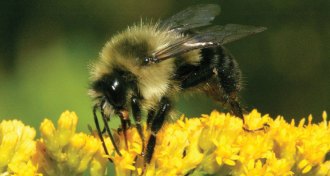 Agriculture
AgricultureNumber of wild bees drops where they’re needed most
Wild bee abundance in the United States is lowest in agricultural regions, according to a new model.
-
 Physics
PhysicsPulsar pair ripples spacetime
A pair of pulsars gives scientists the best evidence so far for gravitational waves, which have yet to be detected directly.
By Andrew Grant -
 Climate
ClimateWhy some rainbows are all red
Red rainbows are caused by the position of the sun in the sky, appearing more often during sunrise and sunset, new research finds.
-
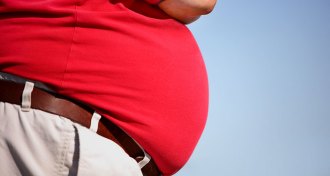 Life
LifeUpending daily rhythm triggers fat cell growth
Constant production of stress hormone spurs fat growth.
-
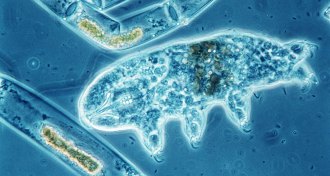
-
 Planetary Science
Planetary ScienceAncient Mars’ weather report: Continued cold and dry
The assortment of water-carved features on the Martian surface suggest that ancient Mars was cold and fairly dry, not warm and wet.
-
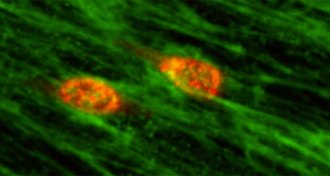 Life
LifeCancer cells get help migrating through the body
Helper cells may give cancer a straight shot to spread through the body.
-
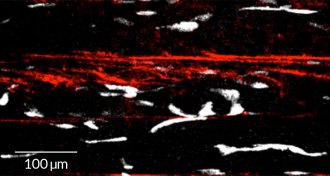 Life
LifeMuscle repair gets spooky help
Ghost fibers are tunnels that stem cells can use to rebuild muscles fiber by fiber.
-
 Planetary Science
Planetary ScienceComets-spewing-oxygen club gets new member
Halley’s comet becomes possibly the second comet known to be carting around oxygen buried since the formation of the solar system.
-
 Neuroscience
NeuroscienceBrain shapes come from mom and dad
By linking genes to brain shapes, scientists have a new way to study how the brain works.